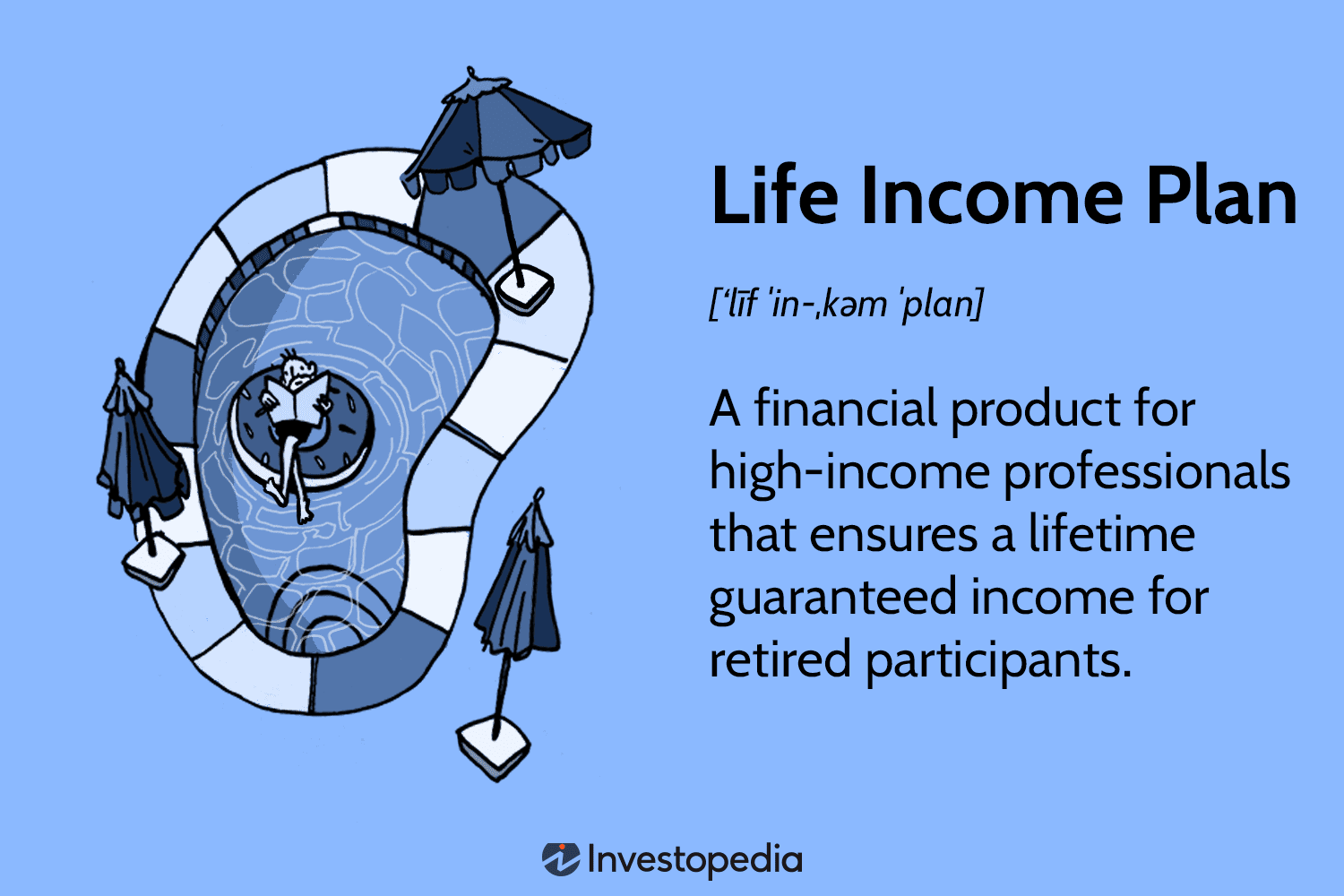
Exploring Alternative Investments Real Estate. Investing in real estate can be a great way to diversify your portfolio and increase your financial stability. With the rising popularity of alternative investments, more people are turning towards real estate as an attractive option for their resources. Exploring Alternative Investments Real Estate
In this article, we’ll explore what makes investing in real estate such an intelligent choice and how you can get started with it. read more
Investors have used real estate for centuries as a haven for their money during difficult economic times. It has proven to be one of the most reliable investment options available today, providing consistent returns over time while reducing risk levels compared to other investments.

Additionally, there are many different ways to invest in real estate that make it accessible to individuals regardless of budget or experience level. We will discuss all these factors and more as we explore the potential benefits of investing in real estate. read more
What Is Real Estate Investing?
Real estate investing can be a lucrative way to diversify an investment portfolio.
For example, Sarah is looking to make her first foray into real estate investing and has identified a two-bedroom condo in her city that she’s interested in purchasing. Exploring Alternative Investments Real Estate
Not only would owning the property provide potential income through rental payments but also an appreciation of the asset as it increases in value over time. read more
However, there are several tax implications and risk management considerations when making any real estate investment.
It is essential to conduct due diligence before committing funds to ensure that all legal requirements are met while maximizing return on investments (ROI) and mitigating losses from unforeseen circumstances. Exploring Alternative Investments Real Estate
Moreover, investors should plan for what will happen if tenants fall behind on their rent or repairs become necessary; having protocols such as these already established before a purchase can save time and money.
Taking the time to research thoroughly ahead of time can help maximize success with real estate investments.

Benefits Of Investing In Real Estate
Let’s talk about the tax benefits and cash flow of investing in real estate.
We’ll explore how these advantages can help you make the most of your investment.
Tax Benefits
Investing in real estate is a great way to diversify your portfolio and wealth, but it can also come with some tax benefits. Exploring Alternative Investments Real Estate
Tax planning is essential to any financial plan, so understanding the potential for deductions when investing in real estate can help you make better-informed decisions about your investments.
With careful tax planning, you can deduct mortgage interest or property taxes that would otherwise not be deductible, which can add to significant savings over time.
Knowing what kind of tax breaks are available and how they work can help you maximize the amount of money you get back on your investment while minimizing the amount owed in taxes.
So remember to consider these potential tax benefits before making real estate investments; they could make all the difference in your finances! read more
Cash Flow
Cash flow is another critical benefit to consider when investing in real estate.
Rental income from tenants can provide a steady, passive stream of cash for property owners, which can be used to cover taxes, mortgage payments, or other expenses associated with the property. Exploring Alternative Investments Real Estate
Tax planning will also come into play here as rental income may be eligible for deductions that could help you save money.
So if you’re looking to generate an additional source of income through your investments, then considering real estate might be the way to go! Exploring Alternative Investments Real Estate
Types Of Real Estate Investments
Real estate is an attractive investment option to many due to its potential for long-term growth and appreciation.
Investing in real estate involves understanding the various types of investments available and being aware of investor psychology and market trends that can affect the value of a property over time.
It’s essential to understand the differences between residential and commercial investments, such as single-family homes or multi-unit buildings, versus retail stores or offices.
You will also need to consider factors like location, maintenance costs, tenant demands, regulations, taxes, and insurance policies when deciding which type of real estate you should invest in. Exploring Alternative Investments Real Estate
Additionally, it’s essential to be mindful of investor psychology – the emotions behind why people buy properties – and stay informed about any changes in market trends that could significantly influence the value of your asset.
Knowing these details can help you make more informed choices regarding your investments.
Overall, investing in real estate requires thoughtful consideration on both an emotional level and within a changing financial landscape.
With proper research into all aspects of the industry, investors have the opportunity to succeed with their real estate goals. Exploring Alternative Investments Real Estate
Analyzing Investment Opportunities
Investing in real estate can be a great way to diversify your portfolio and make money. Still, it’s essential to consider the tax implications and economic trends before jumping into this type of investment.
Here are some factors you should look at when analyzing potential investments:
- Location: Look for areas with solid job growth or established neighborhoods that attract renters.
- Property taxes: Research how much you’ll need to pay each year in property taxes, as they can add up quickly.
- Insurance costs: Calculate the insurance cost on the property based on its age, location, and other features so you know what kind of expenses you could incur if something happens.
- Maintenance costs: Factor in all kinds of repairs and maintenance that may be needed over time and set aside funds for these expenses.
- Return on Investment (ROI): Estimate the rate of return on your investment by looking at rental prices in the area, vacancy rates, appreciation potential, etc.
It would help if you also stay informed about current market conditions and any changes in regulations or laws that could affect your investment decision.
Review recent housing data from reliable sources such as government agencies or industry experts to gain insight into local economic trends related to real estate investing.
Additionally, consulting with a qualified professional regarding tax implications is essential to ensure compliance with applicable rules and regulations.
With thorough research and careful consideration of all critical factors, investors can feel confident making an informed decision when exploring their options within alternative investments like real estate. Exploring Alternative Investments Real Estate
Calculating Investment Returns
Let’s start by discussing analyzing cash flow – what factors should we consider?
Then, we can discuss return on investment calculations and how that affects our investment decisions.
Analyzing Cash Flow
Analyzing cash flow is a crucial aspect of calculating investment returns.
When assessing rental income, investors need to consider potential tax benefits and how these will impact their overall return on the property.
From this analysis, they can determine if investing in real estate is an appropriate choice for them, as it may only sometimes provide the best financial outcome. Exploring Alternative Investments Real Estate
It’s essential to be mindful that when considering investments, all factors should be considered before making any decisions – analyzing cash flow is one of the most vital components.
Return On Investment Calculations
Considering the tax implications and rental income, investors need to calculate their return on investment (ROI) to assess if investing in real estate is right for them.
ROI calculations involve evaluating several factors, such as capital gains or losses, rental yield, and potential appreciation of property value over time.
Doing this accurately considers all elements associated with a particular investment and can help investors decide whether it’s a good fit for their situation.
All these decisions should be made carefully before committing any money towards a property; after all, maximizing returns is the ultimate goal! Exploring Alternative Investments Real Estate
Finding Investment Properties
Having a complete understanding of investment returns is an integral part of investing, especially in real estate. Now that we have explored the different ways to measure and calculate these returns let’s look at how you can find potential properties for your portfolio.
When considering any potential property investments, one must consider the tax implications and estate planning involved. Understanding local laws governing taxes on rental income or capital gains from sales is essential to understand what sort of return you may expect from your investment.
Additionally, if this property is part of an estate plan for yourself or family members, specific considerations, such as transfer fees and inheritance taxes, should also be considered. Researching the rules and regulations associated with each particular property before purchase or sale is essential in ensuring that your expectations align with reality.
Investing in real estate isn’t just about making money – it’s also about protecting your assets through careful financial strategies while following all relevant legal requirements. It is not a decision to be made lightly; however, with thorough research and proper due diligence, it can often provide both short-term financial gain and long-term security. Exploring Alternative Investments Real Estate
Financing Real Estate Investments
Financing real estate investments can be a lucrative endeavor, but there are many factors to consider. When investing in real estate, it’s essential to understand the different tax incentives available and have a long-term plan to help you achieve your goals.
Here are some key points to keep in mind when financing your investment:
- Tax Incentives:
- Research local, state, and federal tax credits for homeownership or rental properties. These could include reduced property taxes on primary residences or deductions for interest paid on mortgages and home equity loans.
- Consider talking with an accountant who specializes in working with investors so you can get the most out of any potential tax benefits.
- Long-Term Planning:
- Developing a strategy is essential when deciding to finance an investment property. This involves setting goals around what type of return on investment you want over time and planning how much risk you’re comfortable taking.
- It’s also important to consider possible exit strategies if you decide to sell down the line and ensure that those terms fit into your overall financial plan.
Real estate investments can provide great returns if done correctly – taking advantage of tax incentives and having a detailed long-term plan are essential steps toward successful financing.
Managing Your Real Estate Investment
When investing in real estate, it is essential to understand the tax considerations and legal paperwork involved. Please do so to avoid costly penalties or even a complete loss of your investment.
To properly prepare for these investments, you should ensure that you understand applicable taxes, as well as any relevant zoning regulations and contract forms associated with ownership. Additionally, basic knowledge of how mortgages work can help you negotiate loan terms and conditions. Exploring Alternative Investments Real Estate
It’s also important to be aware of potential pitfalls associated with real estate investments. These include unexpected repairs or renovation costs, dealing with tenants who may not pay rent on time, or being taken advantage of by unprofessional agents or contractors.
Being mindful of these risks will ensure that your financial future remains secure while successfully managing your real estate venture. By doing this research and taking the necessary steps to protect yourself financially, you’ll be better prepared for whatever comes your way during your journey into alternative investments such as real estate. Exploring Alternative Investments Real Estate
Conclusion
Real estate investing is a great way to diversify your portfolio and build wealth.
It can be daunting at first, but with some research and knowledge of the market, you can reap significant rewards.
Nowadays, technology has made it easier to find properties, analyze potential returns, and finance projects – making real estate investments more accessible.
Don’t let this opportunity pass you by; take control of your future today and invest in real estate!
You’ll never look back when you see the positive cash flow ‘flowing’ into your account each month.











Leave a Reply